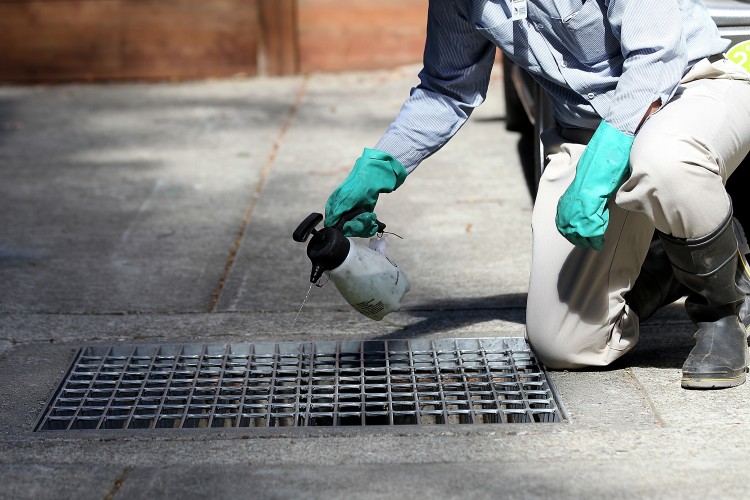NEW YORK—West Nile virus prevention sprays will be sprinkled in parts of Staten Island, Queens, and the Bronx by the city’s Department of Health (DOH) Monday.
Trucks will spray a liquid insecticide to kill adult mosquitoes in residential and nonresidential areas.
Helicopters will spray larvicide on nonresidential areas, such as marshes. The larvicide will kill mosquito larvae before they become adults.
If weather conditions permit, sprays will take place Monday, Tuesday, and Wednesday—between 6 a.m. and 7 p.m.
West Nile Virus
West Nile virus has neither a human vaccine nor a specific treatment. People over 50 years of age are most at risk, even more than children, the DOH said.
People who are infected with West Nile virus can experience mild fever symptoms or be entirely symptom-free.
Most people who become infected will get better without treatment, but hospitalization can be required in more severe cases.
In 2011, the DOH reported 11 cases of West Nile virus in New York, resulting in two deaths.
While there are many species of mosquitoes, only a small proportion actually carries the West Nile virus.
Mosquitoes are attracted to perfumes, scented body lotions, and dark-colored clothing. They are most likely to bite during evenings, nighttime, and dawn.
The Epoch Times publishes in 35 countries and in 19 languages. Subscribe to our e-newsletter.






